Ekam IAS guides aspirants with a clear roadmap from basics to final selection through proven strategies.

Achieve Your Dream UPSC Success with Ekam
Join Ekam IAS for expert guidance, structured courses, and mentorship to crack UPSC with confidence.
Ekam IAS Academy stands as a beacon of excellence in the realm of civil services examination preparation in Hyderabad. We are dedicated to nurturing and guiding aspiring civil servants to achieve their dreams of joining the prestigious Indian Administrative Service (IAS). Recognized as the best IAS academy in Hyderabad, Ekam is committed to providing a transformative learning experience that goes beyond conventional coaching.
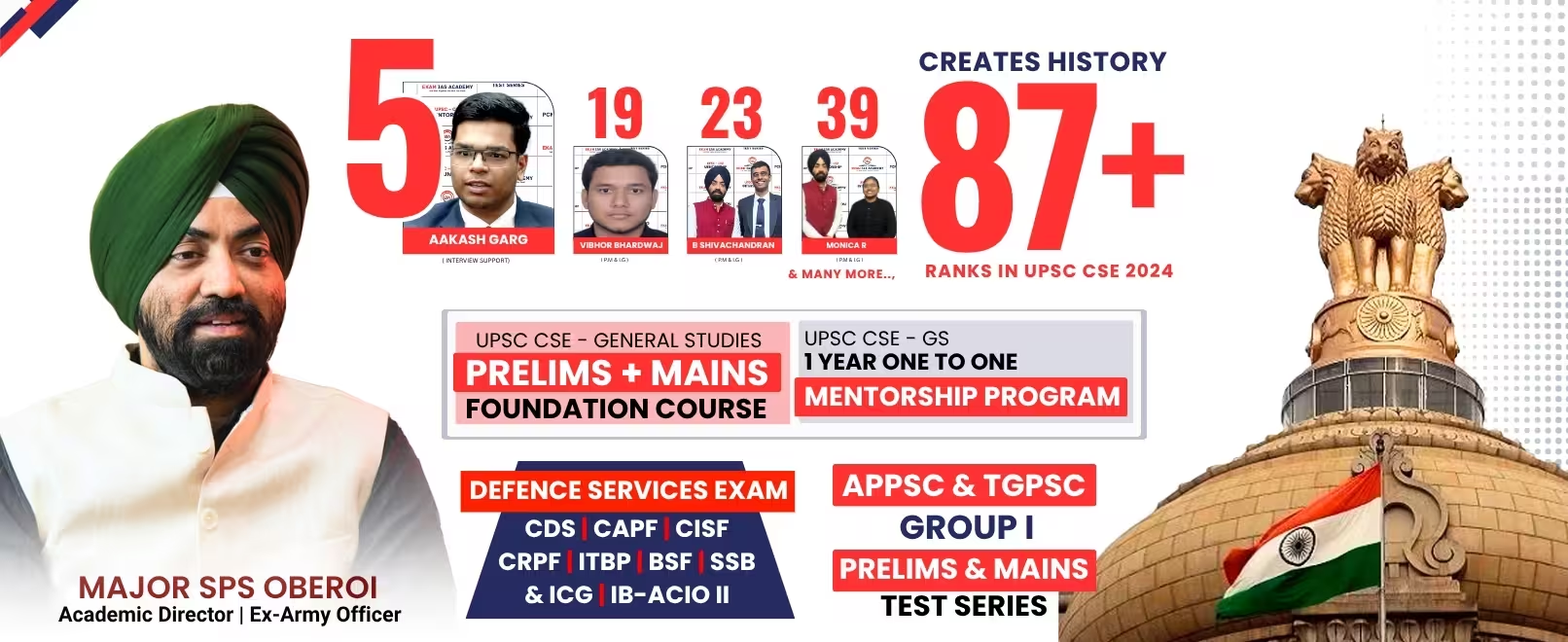
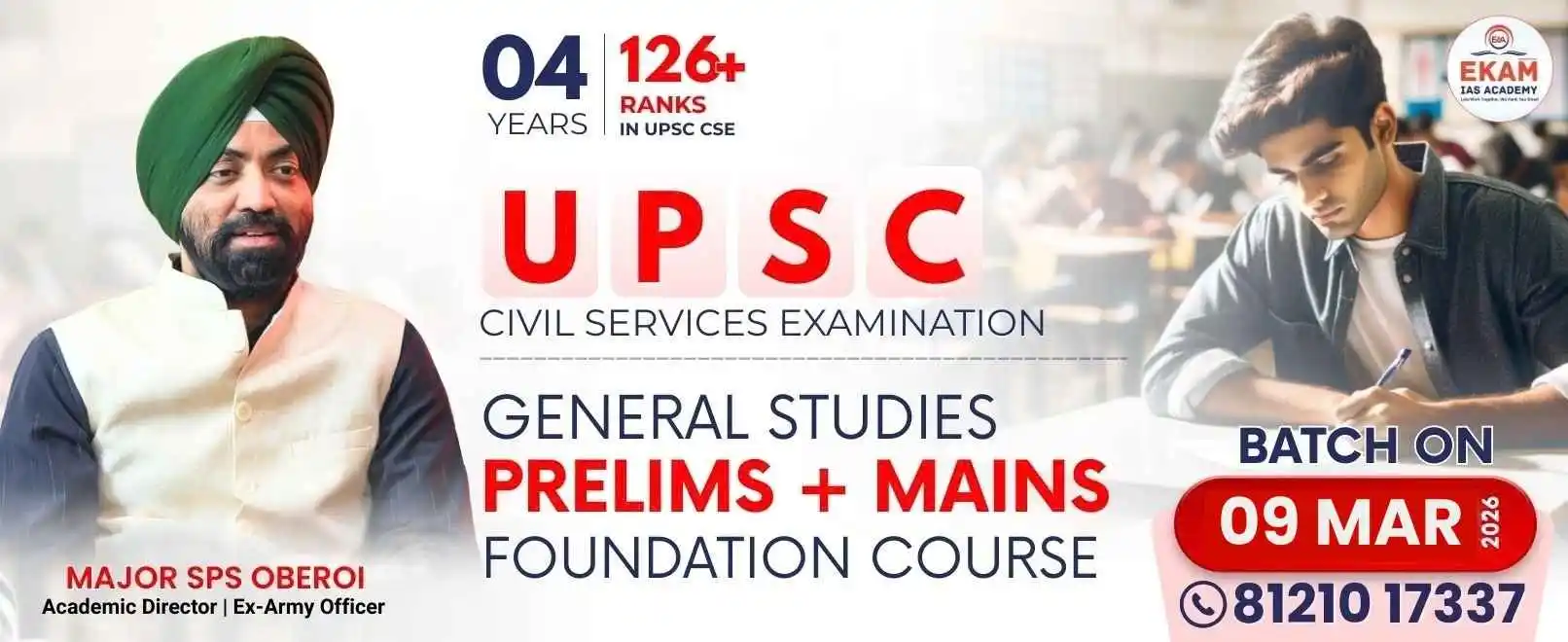
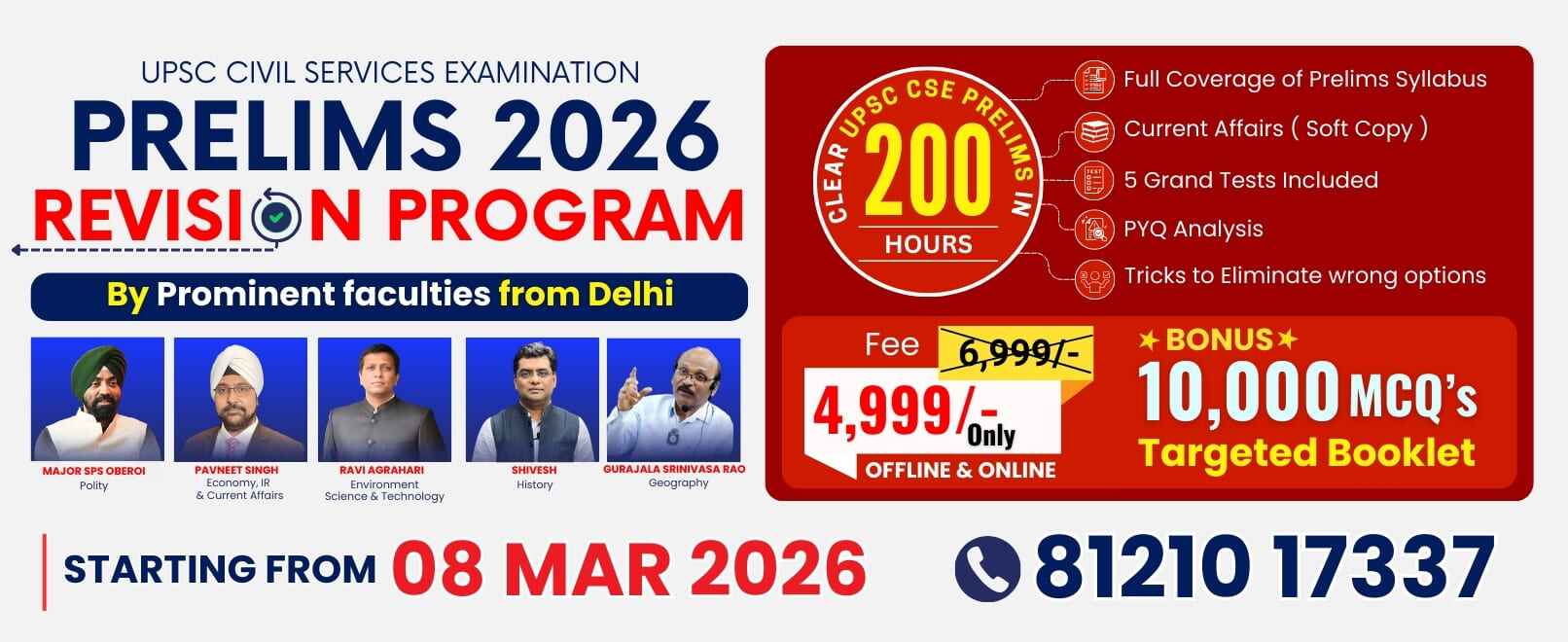





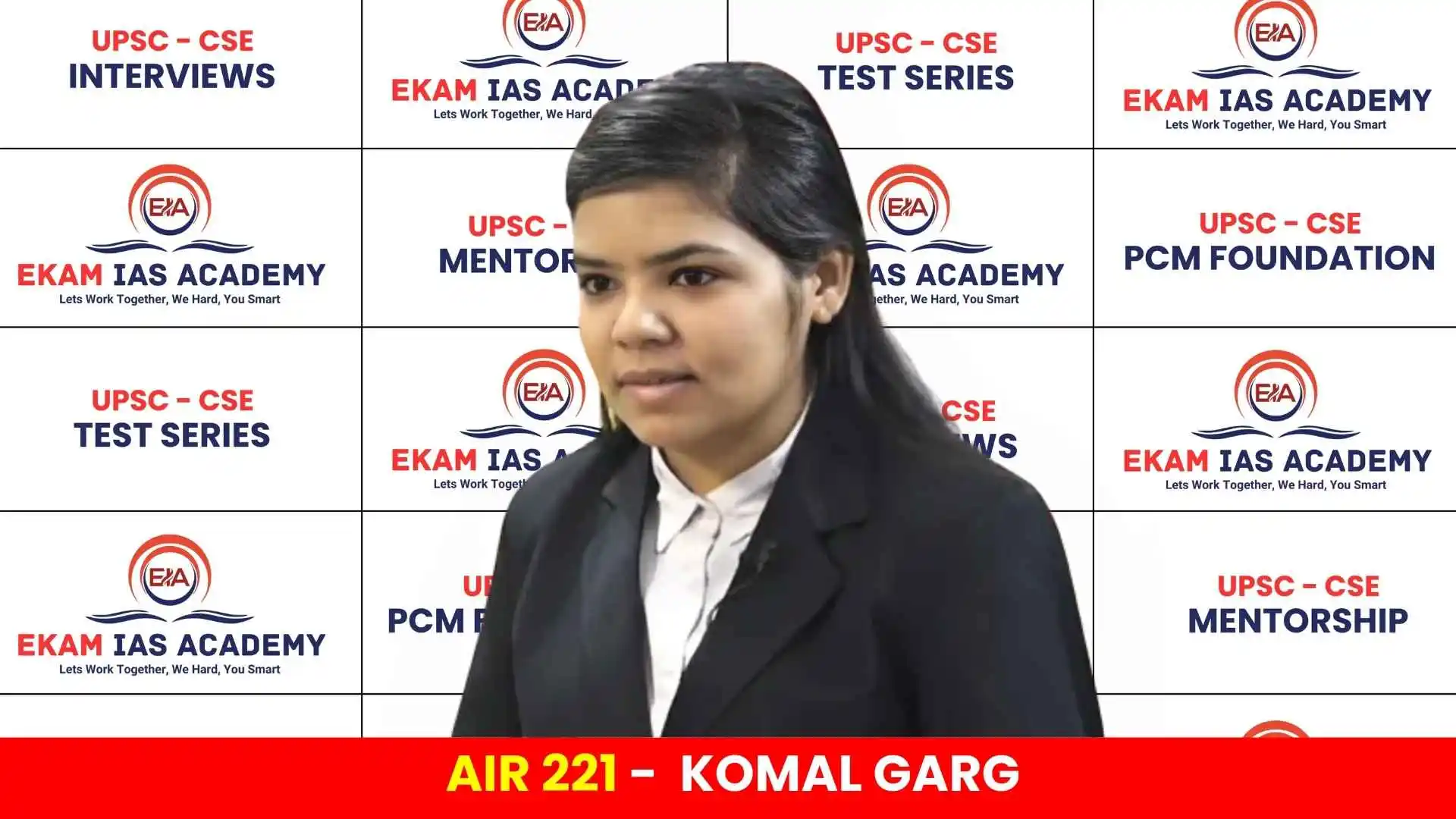
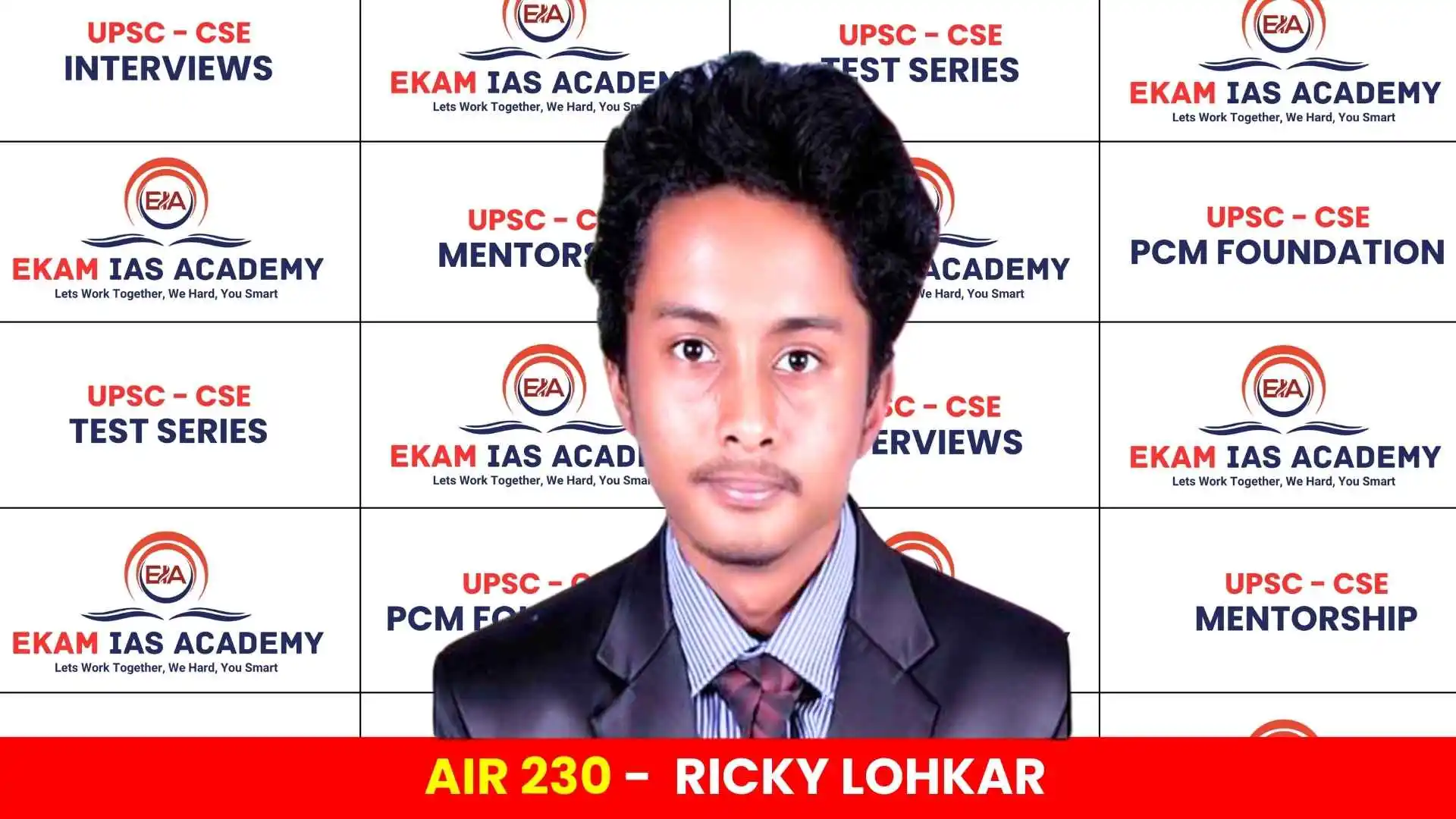

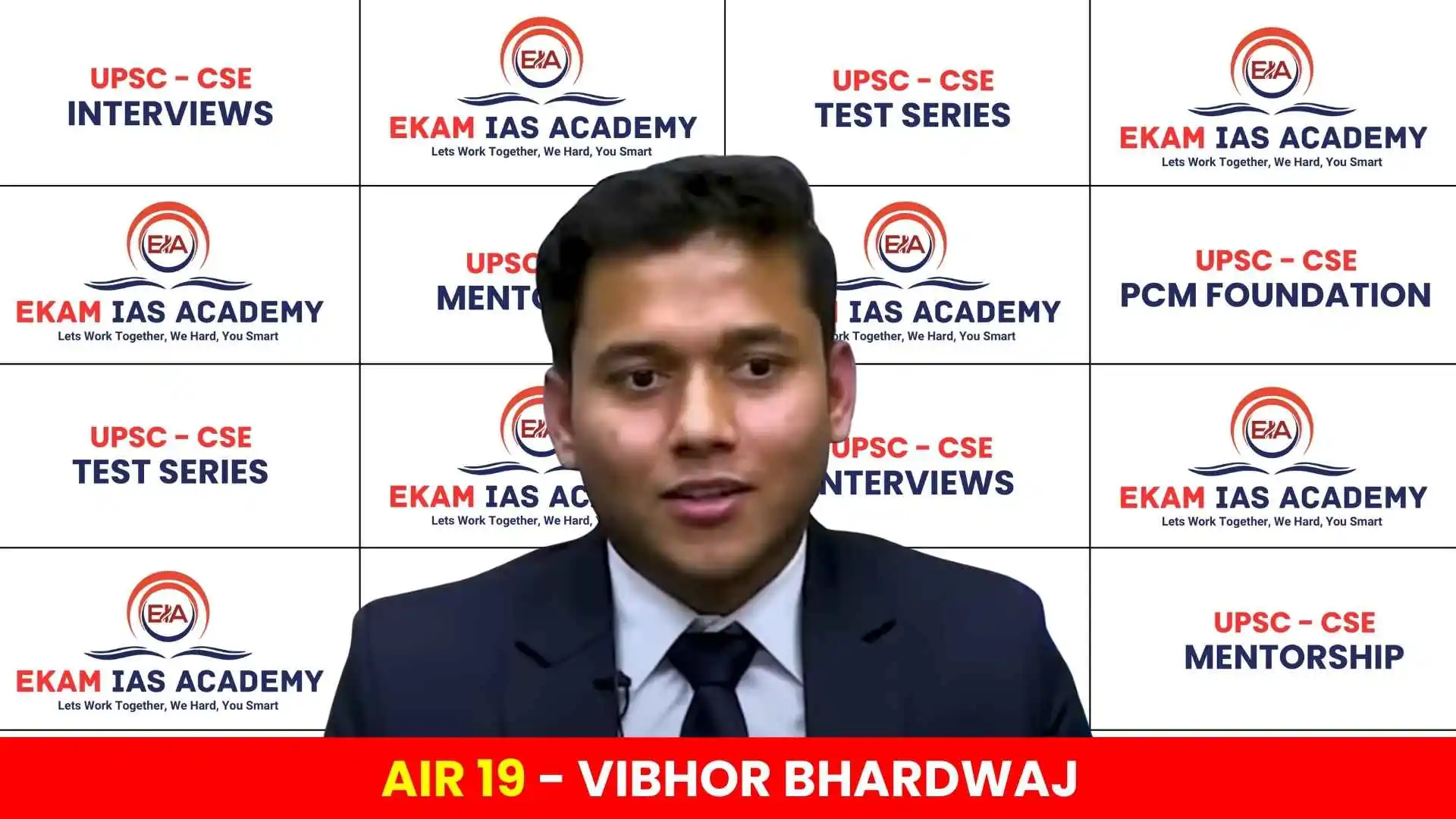





Comprehensive courses for UPSC & State level exams with expert guidance, structured content & strategic preparation at Ekam IAS Academy.
Ekam IAS guides aspirants with a clear roadmap from basics to final selection through proven strategies.
Let Ekam IAS Academy Guide You
Effective mentoring, structured syllabus, and personal guidance to help you crack UPSC Civil Services Examination.

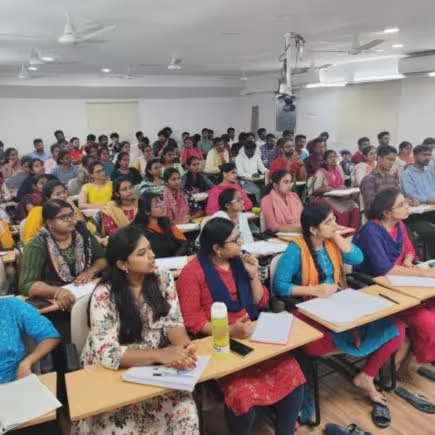

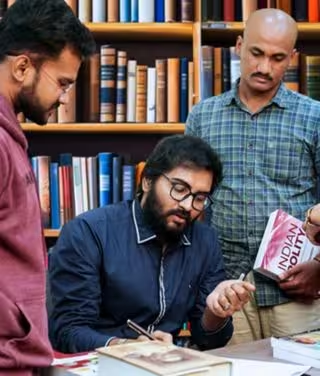
Ekam IAS Academy is to empower aspiring civil servants to successfully crack the UPSC Civil Services Examination and become IAS, IPS, or IFS officers
Learn from UPSC experts including former civil servants and toppers
who provide strategic guidance, clarity, and mentorship.
An Interactive Session unveiling the journey, mindset, and strategy behind UPSC AIR 11 success.

Join Ekam IAS for expert guidance, structured courses, and mentorship to crack UPSC with confidence.
Our students' success reflects our dedication and passion, proving that our work truly makes a difference in their lives.

The mentorship program at Ekam IAS Academy has been a game-changer for me. My mentor provided personalised guidance and support throughout my UPSC journey.

I'm part of Ekam's Mentorship Program. Vidhey Sir's guidance, strategy, and motivation helped me stay focused. I'm confident I’ll crack UPSC with this support.

My mentor at Ekam IAS helped me clarify doubts, set goals, and stay focused. Their support and guidance truly transformed my UPSC preparation approach.

Joining GS Prelims cum Mains at Ekam IAS Academy was my best decision. Great faculty, detailed coverage, guidance, and tests kept me fully UPSC-ready.

Joining GS Prelims cum Mains at EKAM IAS was a pivotal step. Expert faculty, clear concepts, regular sessions, and detailed coverage shaped my UPSC foundation well.

Joining the Lakshya program at EKAM IAS was a game-changer. Expert mentoring, PYQ analysis, and strategic guidance boosted my UPSC preparation confidence.

Ekam IAS Academy’s mentorship was amazing! My mentor understood my challenges, gave solutions, and kept me motivated with regular check-ins and feedback.

Ekam IAS Academy’s mains answer writing program truly sharpened my skills. Oberoi Sir’s expert and focused guidance greatly boosted my confidence and preparation.

Ekam IAS Academy's foundational course was a game-changer! Expert faculty, structured approach, doubt-clearing, and mentorship built my strong UPSC foundation.

Discover Expert UPSC Insights — Read Our Blog for Tips, Test Strategies, Essay Writing, and More from Top Mentors.